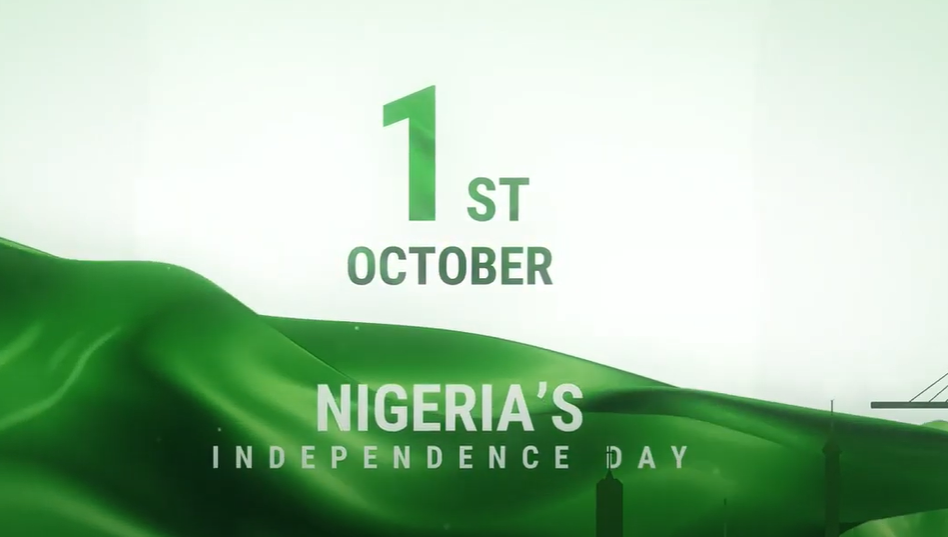
Impact of technology on marketing communication tools
By Zion Rufus
Technology is constantly evolving, and businesses are becoming more and more dependent on technology to run their businesses efficiently. Marketing communication tools are diversified programs adopted by firms for effective communication with their target audiences.
These tools are used to generate awareness, support sales, increase brand visibility, and for building and reinforcing relationships with customers, prospects, retailers, and other important stakeholders. Marketing communication tools include advertising, branding, direct marketing, marketing, packaging, promotion, publicity, sponsorship, public relations, sales, sales promotion and online marketing.
Amongst others, advertising and sales promotion are the two most integral marketing communications tools.
Impact of technology on advertising
Advertising is one of the most prominent and widely used communication tools in a marketing campaign. The digital age has accelerated the evolution of advertising technology through the creation of various media platforms for advertisers and marketers to share their messages.
Compared to decades ago where TV, print and OOH were the biggest platforms for advertisers, advertising technology has provided more channels for consumers to absorb content such as websites, online mobile & desktop, social media, native, PPC, video channels, on-demand tv, digital billboards, in-game advertising, and many more. As technology has developed so have opportunities for advertisers to communicate with audiences.
According to analytics from Statista, in 2020, Google’s ad revenue amounted to 146.92 billion US dollars. The company generates advertising revenue through its Google Ads platform, which enables advertisers to display ads, product listings and service offerings across Google’s extensive ad network (properties, partner sites, and apps) to web users.
About 3 decades ago, the advertising industry was worth £125 billion; in 2021, it is predicted to top £600 billion. The emergence of AI, Augmented Reality and Virtual Reality has also helped marketers and advertisers to build emotional connections with their consumers, increase brand awareness, accelerate the speed at which consumer data can be processed, with insights delivered in real-time, and communication with customers optimized to be more impactful.
Impact of technology on sales promotion
Sales promotion is also an integral marketing communication tool. The digital age has permitted the use of internet sales promotion to stimulate consumer demand, influence consumer buying decision, and facilitate the ease of purchase by using computers and network technology to deliver information about goods and services to the virtual market.
Now, through the use of analytics and customer data models, organizations can not only identify potential customers, but more accurately predict which leads from B2C or B2B lead generation efforts are likely to become clients.
Marketing technology in terms of internet sales promotion unlike the traditional medium, has aided firms across the globe to disseminate promotion information to the right people in order to improve sales level, and break through the limitation of time and space. Internet sales promotion has created platforms that improve consumer engagement, stimulate potential them to action, and create an immediate boost in sales volume, such as online discount promotions, online gift promotions, online lottery promotion, bonus point promotion, and online joint promotion.
From prospecting to closing, today’s mobile, social, big data, and cloud technologies are revamping the sales process in ways that would have been unthinkable a few decades ago. Now, many sales organizations are embracing new technologies to drive productivity, profitability, and competitive advantage to revamp the sales process.




Comment
No comments found.